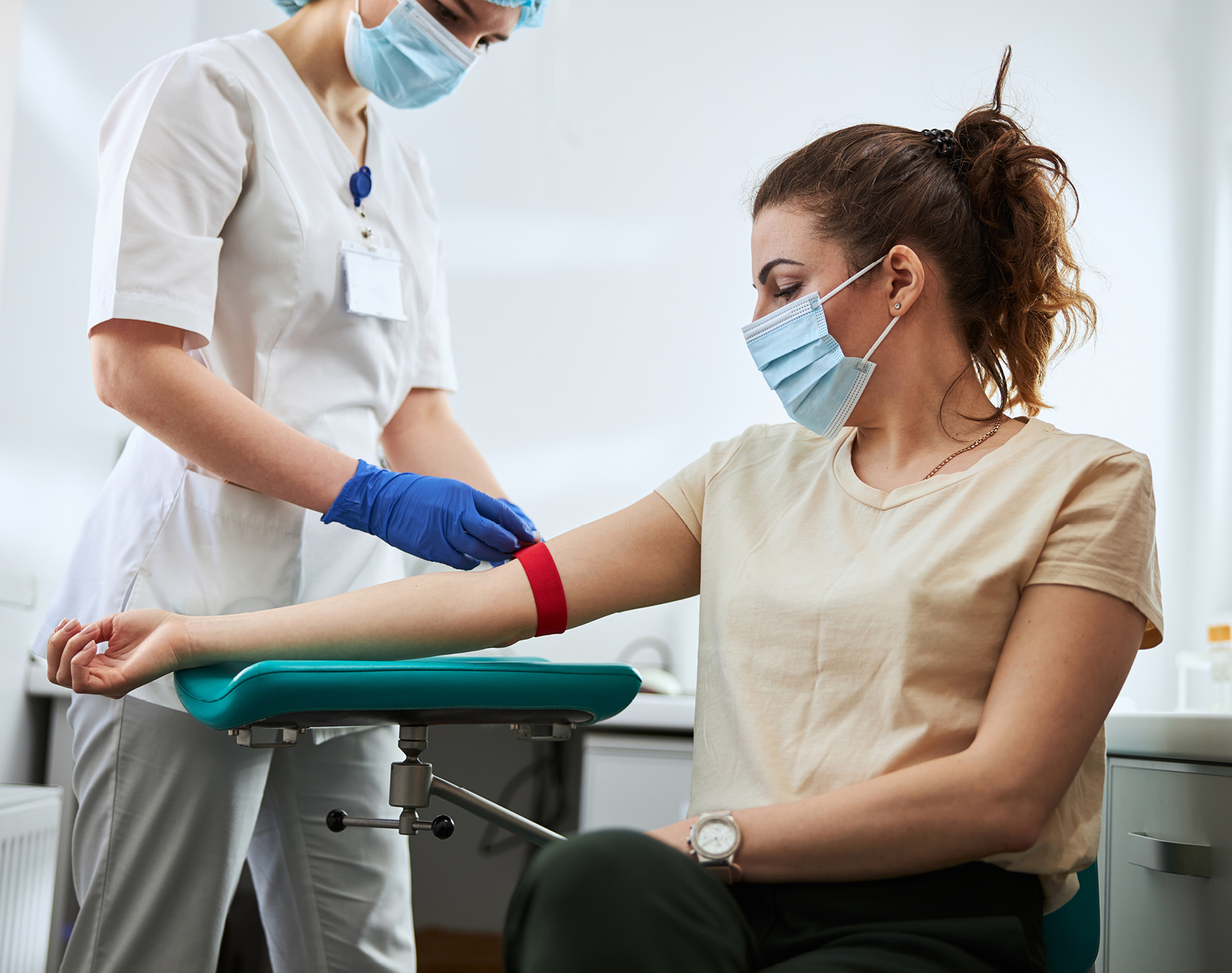
Average Hourly
$21.63
Range Hourly
$15.50 – $27.76
Average Yearly
$42,178.50
Range Yearly
$30,225 – $54,132
Medical laboratory technicians and pathologists' assistants (3212)
Laboratory Patient Technician; Donor Care Associate
This varies from one province to another.
Usually, Post-secondary education required Certification or qualification in recognized courses related to phlebotomy may be required
Medium.
Employment outlook is good to fair in most provinces. More information is available from here.
It depends on acquiring further education and training such as the diploma program of Medical Laboratory Technologist.
None. Requires a certificate program certificate on Phlebotomy.
Good communication skills; time management; medical terminology knowledge; Interest to spend long time in lab settings; ability to work in stressful situations at times; very diligent and careful; reasonable physical stamina; must be detail oriented and able to follow strict procedures; must be able to work both independently and as part of a team; should have good interpersonal skills; normal colour vision
Phlebotomists/Phlebotomy aides need to be diligent and often need prolonged visual focus and repetitive motions.
There is risk of being exposed to strong chemicals, biological hazards, infectious diseases and the potential for needle prick injuries. They need to be extremely cautious and careful to follow laboratory safety procedures to be safe from contracting infection, and ensure the safety of patients and co-workers, laboratory technologists practise safe work procedures.
Work hours may vary. It could be full time, part time, or casual hours. Rotating shifts including day, evening and night shifts, weekends and holidays may also be needed.
This is not regulated.
Clinics
Government research laboratories
Hospitals
Medical laboratories
Post-secondary educational institutions
Research institutions
The path to becoming a registered Family therapist is rigorous. IMGs pathway may involve:
Complete the course on Phlebotomy with practicum from a well-known institution. Capitalizing on the practicum experience one can get a job.